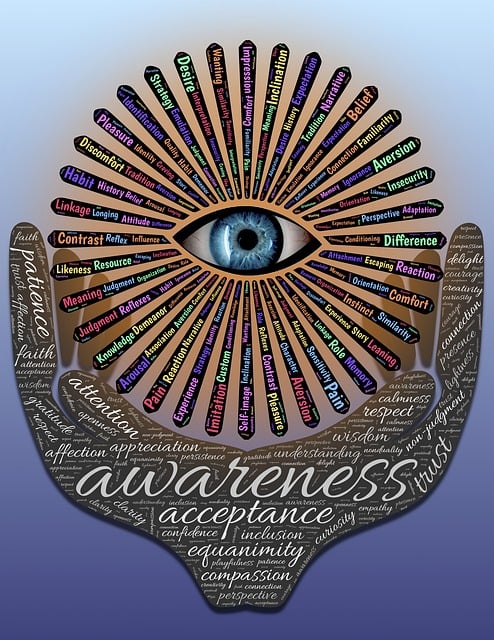Grandparents facing family legal issues in Oregon can access tailored support through specialized programs and nonprofit organizations. These services cater to their unique circumstances, offering free or affordable assistance with guardianship, adoption, and estate planning. By identifying specific legal needs, connecting with relevant resources, and exploring options like legal aid and attorney referrals, elders can ensure they receive the necessary guidance and representation within the Oregon legal system.
In Oregon, grandparents play a vital role in their grandchildren’s lives. However, complex family law can make it challenging for them to secure the necessary legal support. This comprehensive guide unravels the intricacies of grandparent legal assistance in Oregon, offering an overview of eligibility criteria, the involvement of nonprofit organizations, and practical steps to accessing help. By understanding these aspects, grandparents can navigate their rights and responsibilities more effectively, ensuring the best outcomes for their families.
- Understanding Grandparent Legal Support in Oregon: An Overview
- Eligibility Criteria for Legal Assistance Programs
- The Role of Nonprofit Organizations and Community Resources
- Navigating the Process: Steps to Accessing Legal Help
Understanding Grandparent Legal Support in Oregon: An Overview

Eligibility Criteria for Legal Assistance Programs

Legal assistance programs in Oregon are designed to support seniors, including grandparents, who may face legal challenges related to family matters. Eligibility for such aid is based on several factors, ensuring that resources are directed to those most in need. Typically, these programs cater to individuals with limited financial means and assets, as determined by income guidelines set by the state. This eligibility criterion guarantees that legal assistance reaches the grandparent population most susceptible to economic hardships.
Additionally, specific circumstances such as domestic violence, child custody disputes, or elder abuse cases may trigger access to legal aid services. Grandparents in these situations can benefit from free or low-cost legal representation, enabling them to navigate complex family law issues effectively. The programs often collaborate with local community organizations and legal service providers to offer specialized support tailored to the unique needs of senior citizens involved in legal proceedings.
The Role of Nonprofit Organizations and Community Resources

Many nonprofit organizations and community resources in Oregon offer crucial support for grandparents providing legal assistance. These groups play a vital role in empowering older adults by offering free or low-cost legal advice, representation, and education tailored to their unique needs. With an aging population, the demand for such services has grown, leading to a more robust network of aid providers.
Nonprofit organizations often collaborate with local community centers, libraries, and senior living facilities to extend their reach. They provide workshops, webinars, and in-person sessions to educate grandparents on various legal topics, ensuring they can navigate complex matters related to guardianship, adoption, or estate planning. These resources are instrumental in helping grandparents make informed decisions while also connecting them with other community members facing similar challenges.
Navigating the Process: Steps to Accessing Legal Help

Navigating the process of seeking legal support as a grandparent in Oregon involves several steps to ensure access to the right resources. Initially, it’s crucial to identify the specific legal issue at hand, whether it concerns custody rights, visitation schedules, or guardianship matters. Grandparents requiring legal assistance should gather essential documents related to their case, such as birth certificates, court orders, and any relevant correspondence with family members.
Next, they can explore various options for legal help. Oregon offers resources like legal aid organizations specializing in family law, which often provide free or low-cost services to eligible individuals. Additionally, local bar associations may offer referral programs connecting grandparents to qualified attorneys. Taking the initiative to reach out and consult with these professionals is a vital step toward understanding one’s rights and options within the legal system.














